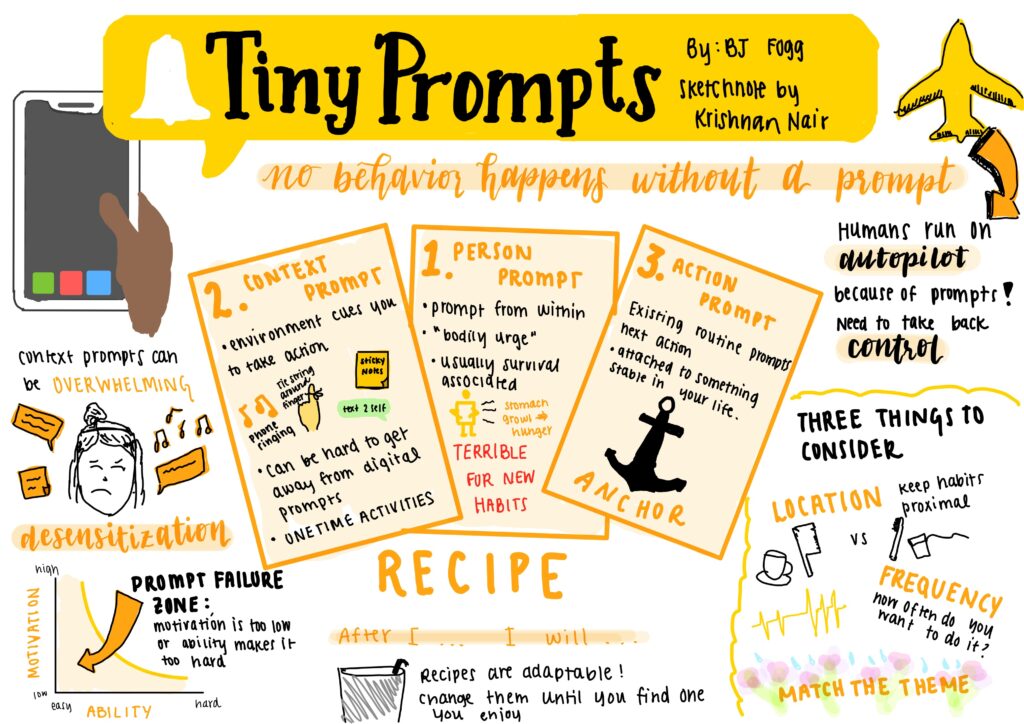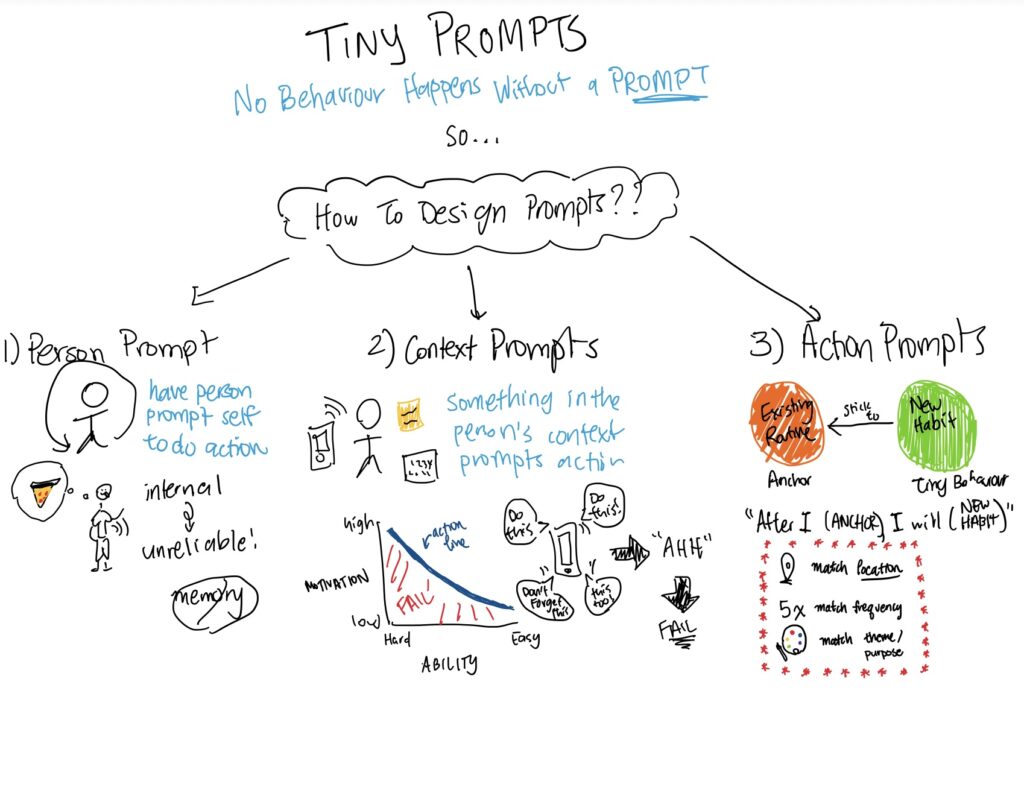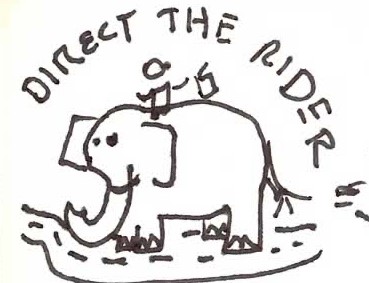I used to think that product managers owned the vision for a product and therefore held a lot of decision-making power. When I imagined product managers creating product roadmaps, I envisioned that the roadmap would be detailed enough that it would include all of the product’s features and a timeline dictating when each feature would be designed and built every step of the way.
After interning as a UX designer this past summer, I realized that there was no way that this was possible. As a designer, I was the one making these decisions around user experience and therefore which features should be included and which should not. Upon working with a team of designers, engineers, and a product manager, I learned that most product decisions, as in what the product should be, are made in collaboration with the designers and engineers. The designers fight for what they believe users need, the engineers might counter with what is feasible to build given a specific timeline, and the conversation continues. I noticed that this back-and-forth was mediated by our technical product manager. His job was not only to relay information and communication between different roles but also to come up with compromises on his own in order to boost our efficiency. However, I noticed that although he was part of the conversation, a product manager does not contribute to building the product. They only ensure that teams are working well together to successfully build the product within a specific timeframe.
This reading confirmed my observations. Ultimately, product managers are mediators who hold lots of responsibility yet no power. I find this juxtaposition between being responsible for the success of a product and not being able to use power as an incentive to motivate teams super interesting. It must be challenging to get teams to trust and listen to you without being in a position of power.
If I were to pursue a career in product management, I think my biggest initial struggle would be learning how to inspire and motivate teams. I have always been very intrinsically motivated to pursue my passions and goals, so it might take some time for me to understand how to motivate people who might not be as internally driven and need extrinsic motivations. Therefore, one question I would like to ask the author is “What are the most effective strategies to motivate a team?”
Otherwise, transitioning from a technical background in design and development, I think being a PM could be a good fit for me and a solid next step to explore in my career. I enjoy teamwork, problem-solving, and verbal and visual communication. The only doubt I have is that I love to build and make decisions. The reason I recently switched my focus from software development to design was because I wanted to make impactful decisions that dictate the product vision. I fear that being a PM would result in having less influence over these design decisions, even less than in engineering.



